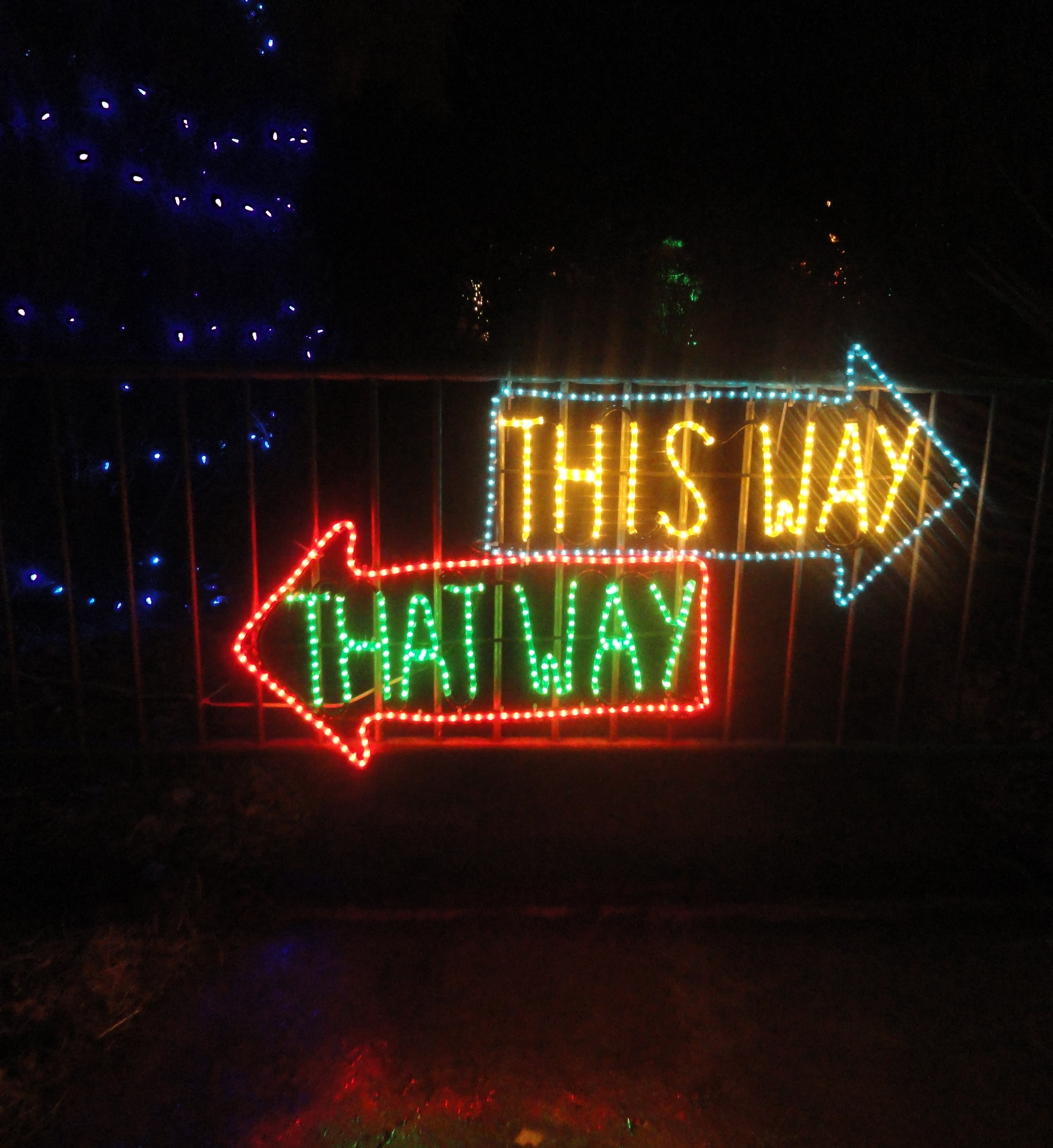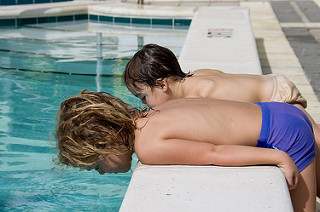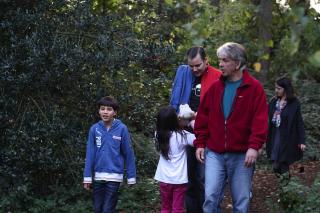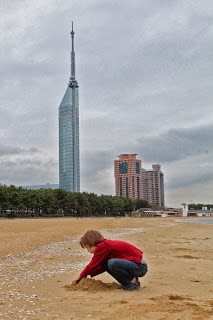Once upon a time on the unschooling discussion list, someone seemed unhappy with the way I used "mindful." For years, some of the regular writers here tried to find a good word for what we were trying to convey—a kind of mothering that involved making infinitesimal decisions all the time, day and night, and basing those decisions on our evolving beliefs about living respectfully with our children, and giving THEM room to make their own decisions of the moment.
We finally settled on "mindful," in the sense of being fully in the moment. Though "mindfulness" is used as a term in western Buddhism, the word they chose when they were translating from Japanese, Chinese, Sanskrit, Vietnamese and whatever all hodgepodge of ideas were eventually described in English, "mindfulness," is an English word over 800 years old. It's a simple English compound, and has to do with the state of one's mind while performing an action. It creates a state of "if/then" in one. And IF a parent intends to be a good unschooling parent, a generous freedom-nurturing parent, a parent providing a peaceful nest, a parent wanting to be her child's partner, then the best way she can live in that goal and come ever closer to her ideals is to make all her decisions in that light. The more mindful she is of where she intends to go, the easier her decisions are.
SandraDodd.com/mindfulness
photo by Sandra Dodd
__


















